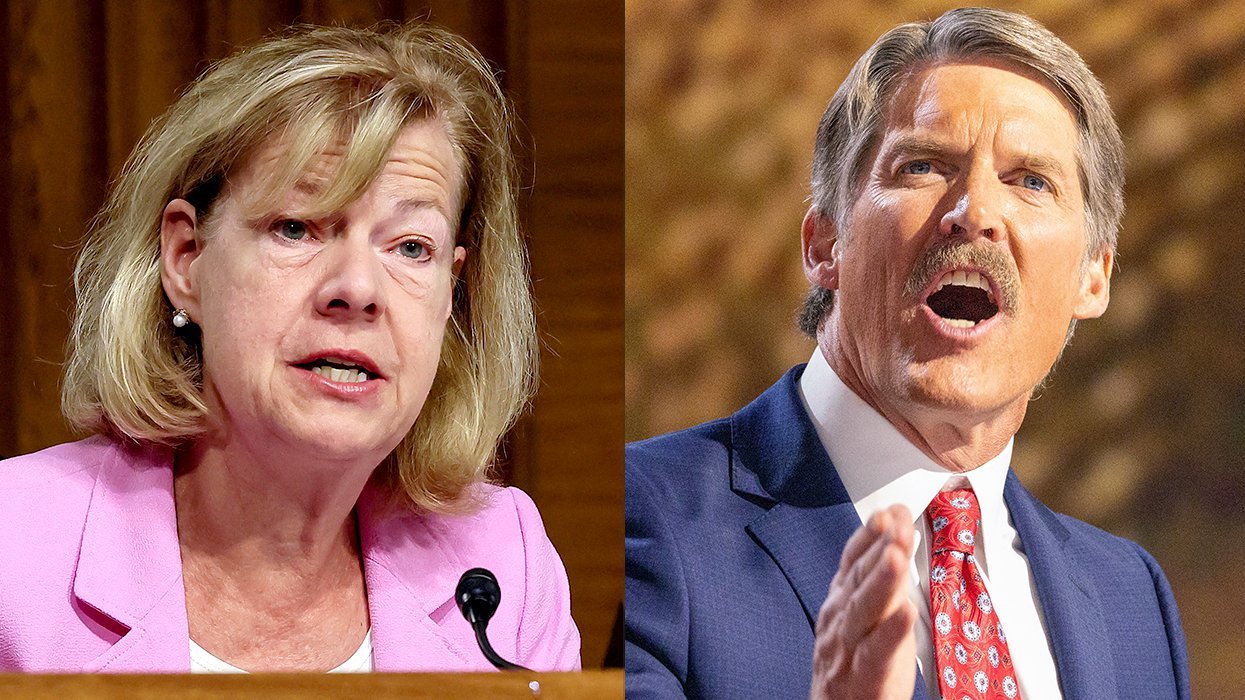Documents recently obtained by a Washington, D.C., gay advocacy group show the great lengths to which the federal government once went to root out gay and lesbian employees and offer a graphic look at homophobia in the 20th century.
"It is well known that America's laws and policies, in the name of morality and national security, barred gays from the federal work force for much of the previous century," notes a New York Times feature. "But documents newly obtained by a gay-rights group offer new details about the views that drove the government's sometimes obsessive effort to identify and fire gays in government jobs." They "provide stark evidence of how for decades the government considered gay men and women to be immoral, and not to be trusted with even the most mundane bureaucratic tasks," the article continues.
Among the papers gathered by the Mattachine Society of Washington, D.C., are a 1964 memo from the Civil Service Commission responding to a query as to whether heterosexual marriage could "rehabilitate" gay people to the point that they would be qualified for government jobs.
"Some feel that 'once a homo, always a homo,'" wrote commission staffer John W. He added, "Our tendency to 'lean over backwards' to rule against a homosexual is simply a manifestation of the revulsion which homosexuality inspires in the normal person."
"These memorandums were not meant for the outside world to see," Charles Francis, a president of the Mattachine Society of Washington, told the Times. "It's a tide of human indignation."
The Mattachine Society of Washington was founded a few years ago to do what its leaders call "archive activism," identifying and preserving documents related to LGBT history. It takes its name from an early gay rights group. When its predecessor, the original Washington chapter of the Mattachine Society, was established in 1961, one of the founders was Frank Kameny, who had lost his federal government job because he was gay.
Some of the documents related to antigay discrimination by the U.S. government have been destroyed, including many of the papers from the FBI's Sex Deviate program, which "collected information on people suspected of being gay and passed it on to government agencies and, sometimes, the news media," the Times reports. Francis's group, however, is dedicated to gathering whatever is left and eventually making it public. "Gay and lesbian history is often ignored or deleted," he said.
In 1975 the federal government stopped firing employees solely for being gay, and it now has a sweeping policy against such discrimination. There's no such national law for private-sector employers, though, as the Employment Non-Discrimination Act remains pending in Congress.


















































































